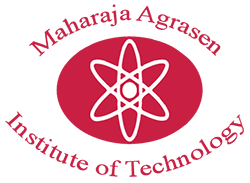Menu

- Institute
- About MAIT
- EEE Department
- History
- About EEE
- Mission
- Vision
- PEOs & POs
- HOD'S Message
- Annual Report
- Academics
- Scheduler
- Time Table
- Exam Schedule
- Syllabus
- Lesson Plan
- Lab Manuals
- Assignments
- Facilities
- Computer Center
- Department Library
- T & P
- People
- Staff
- Current Students
- Alumni Club
- Student Activities
- Awards
- Projects
- Seminar/Workshops
- Industrial Visit
- Lecture
- Information
- For Students
- About Us
- How to Reach Us
- Space Allocation System
- Portals
- CMS/LMS Login
- WebMail
- Contact Us



